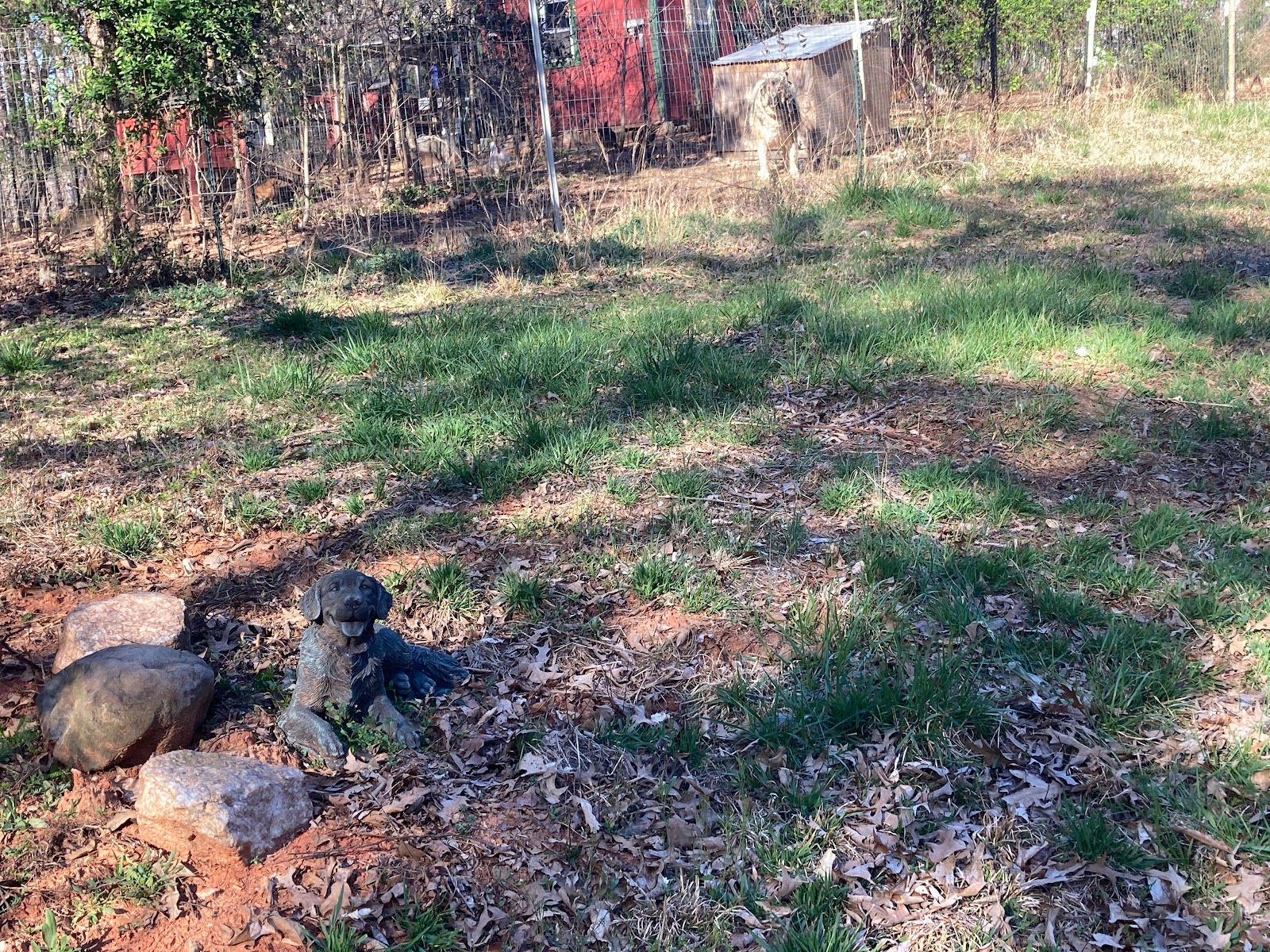I've written here about the folly of trying to be self-sufficient, instead turning to the notion of self-reliance, an Emersonian virtue I embrace.
Recently I read a fine post from Kirsten Lie-Nielsen, a homesteader, that she and her spouse have left farming largely behind, at least as a full-time, rural venture. This experience, one where she attempted to become an influencer but met hostility for her left-wing political views, gave me pause about how I approach rural life.
These words in particular strike me as wisdom:
We have no aspirations towards self-sufficiency, but a desire to experience varied aspects of life while remaining connected to our food sources. I now have a set of skills I can draw on if I find myself in the kind of calamitous situation that sections of the homesteader community are prepping for. I feel a deep appreciation for the labor of food production. I’ve also learned to embrace the freedom of progress.
When this blog began, I thought that I might use my writing skills to follow the path of a farmer like Joel Salatin. Now I've my doubts, and not because Salatin and I are very different animals when it comes to politics and religion. I deeply respect the way he manages the property at Polyface Farms, and I've had two nice chats with him about how one can run a farm sustainably. I no longer follow his blog, however, because of right-wing extremism and Doomerism, mostly by his readers, a similar pattern that led me away from another writer who once used to visit my classes to discuss his work.
In case of a national disaster, no one is an island, no matter how many generators, solar panels, firearms, or cans of food on hand. Only community and self-reliance might ease the troubles, though I'd prefer we search for ways to avoid them altogether.
I'll employ a simple example of semi-sufficiency here: the other day, my brother-in-law and I skidded two 12' long poplar logs out of the woods. A huge twin-trunked tree had split in a storm; we wanted to save part of it for his sawmill. Poplar is a delightful wood to work. I've made a good bit of weatherboard for our farmhouse from trees we cut, milled, and planed in years past.
I could never handled that sort of job alone. We used two saws to cut the logs (for when one saw gets pinched and stuck; it happened once to me). We then used a long cable and electric winch to skid the logs across a wet-weather stream at the back of our property, with me walking beside the skidway with a Peavey Tool to roll the logs around when they got caught on something. Finally, I got on my tractor and hauled the logs the final distance to a trailer.
No one person I know could do this. With my spouse still recovering from a broken leg, she couldn't help. So in hard times, who can you count on to help with rural work? My other best helper, who lives nearby, voted for the other side, but we get on well.
Community, despite adversity and personal differences, keeps the Amish on the land, but influencers have followers, not co-workers.
That's the mistake too many misty-eyed homesteaders make who want to be famous.













